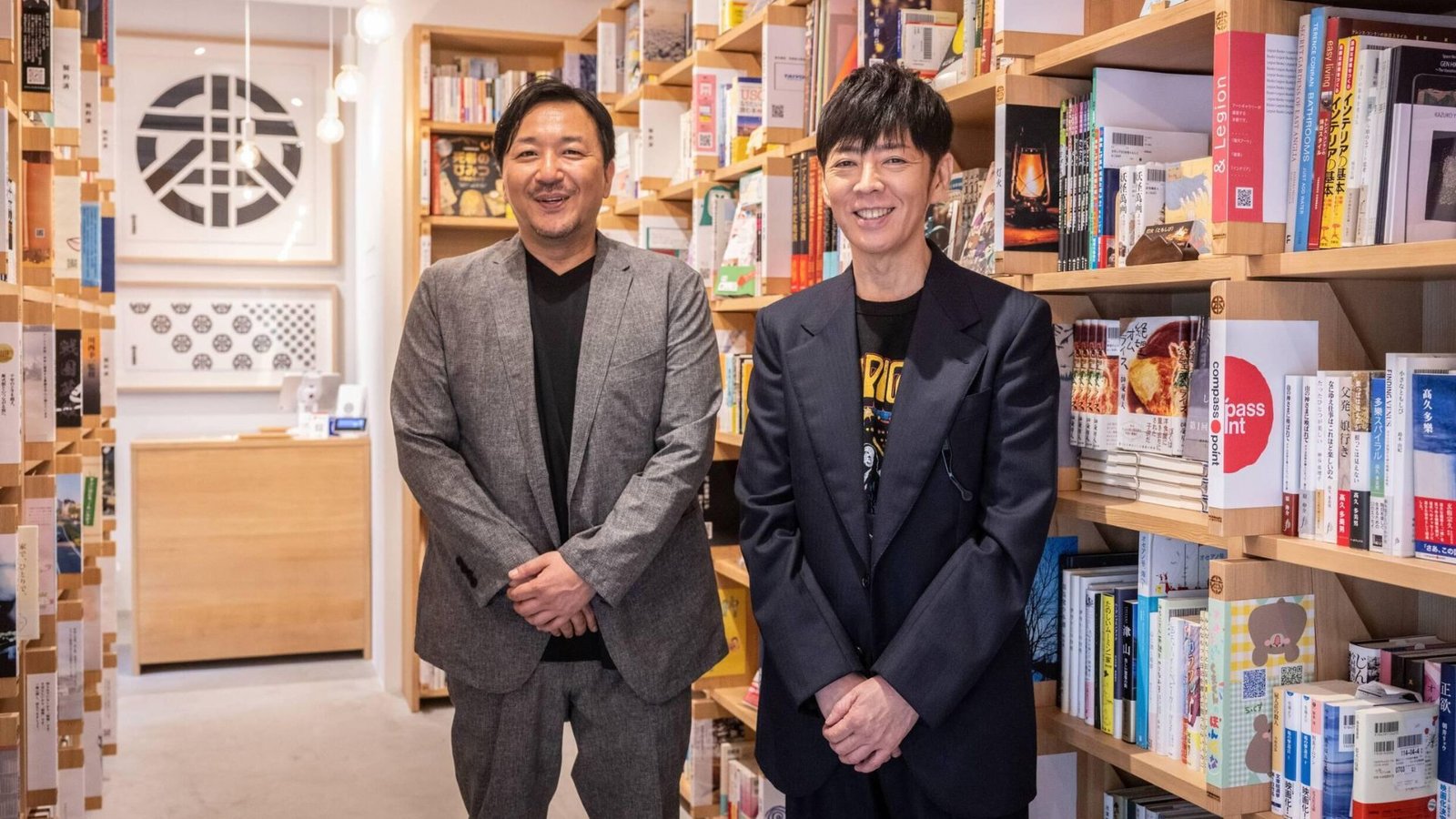In the fast-paced digital age, local bookstores in Japan stand as cultural pillars, preserving the nation’s literary and historical heritage. These bookstores are more than retail spaces; they are custodians of tradition, offering readers a curated glimpse into Japan’s soul through its literature, art, and history.
This article explores the essential role local bookstores play in preserving and promoting Japanese culture, ensuring that the past and present remain connected.
The Connection Between Bookstores and Japanese Culture
Literary Heritage as a Cultural Treasure
Japanese literature has a long and illustrious history, from the poetic works of the Heian era, like The Tale of Genji, to contemporary novels by Haruki Murakami. Local bookstores ensure that these works are not only accessible but celebrated. They often host events, discussions, and displays centered around classic Japanese texts, keeping these masterpieces relevant for new generations.
A Hub for Traditional Arts and Crafts
Many bookstores in Japan stock more than just novels. They feature books on traditional arts such as ikebana (flower arranging), calligraphy, and tea ceremony, alongside modern reinterpretations of these practices. This allows readers to engage with Japan’s artistic heritage in both traditional and contemporary contexts.
How Local Bookstores Preserve Culture
1. Curated Collections of Rare and Regional Literature
Local bookstores excel in offering a curated selection of regional literature, including works by lesser-known Japanese authors whose stories reflect specific local customs, dialects, and histories. These books serve as windows into the diverse cultural landscapes of Japan.
2. Hosting Cultural Events
Bookstores often double as cultural spaces, hosting events such as book signings, poetry readings, and workshops on traditional Japanese arts. These gatherings foster community and deepen the public’s connection to cultural practices.
3. Supporting Independent Authors
Independent bookstores champion local and independent authors, many of whom write about Japan’s cultural nuances, folklore, and history. By giving these voices a platform, bookstores contribute to the preservation and evolution of Japanese culture.
4. Multilingual Access to Japanese Heritage
In major cities like Tokyo and Kyoto, bookstores offer translated versions of classic Japanese literature. This makes the country’s cultural treasures accessible to an international audience, fostering global appreciation for Japan’s heritage.
The Role of Bookstores in Modern Japanese Society

Balancing Tradition with Modernity
While preserving tradition, local bookstores are also adapting to the modern era. Many now integrate digital platforms, offering e-books and online events that make cultural engagement more accessible to younger, tech-savvy audiences.
Creating a Community of Readers
Bookstores are spaces where readers of all ages can connect, sharing a mutual love for stories that reflect the nation’s heritage. This sense of community helps keep cultural traditions alive in an increasingly globalized world.
Examples of Bookstores Preserving Japanese Culture
1. Daikanyama T-Site (Tokyo)
A blend of tradition and innovation, Daikanyama T-Site offers an extensive collection of Japanese and international literature alongside spaces for cultural events.
2. Maruzen & Junkudo (Kyoto)
This iconic bookstore preserves Kyoto’s literary culture by stocking books on the city’s history, temples, and art, along with classic and contemporary Japanese novels.
3. Hachimonjiya (Kyoto)
Specializing in rare and secondhand books, Hachimonjiya showcases out-of-print titles that capture the essence of Japanese culture and tradition.
Conclusion
Local bookstores in Japan are more than retail establishments—they are guardians of the nation’s rich cultural tapestry. Through curated collections, community events, and support for local authors, these bookstores bridge the gap between Japan’s storied past and its dynamic present.
As globalization accelerates and digital media proliferates, the role of these bookstores becomes even more critical in preserving Japan’s unique cultural identity. By visiting and supporting these spaces, readers not only enrich their own understanding but also contribute to the preservation of a timeless heritage.










